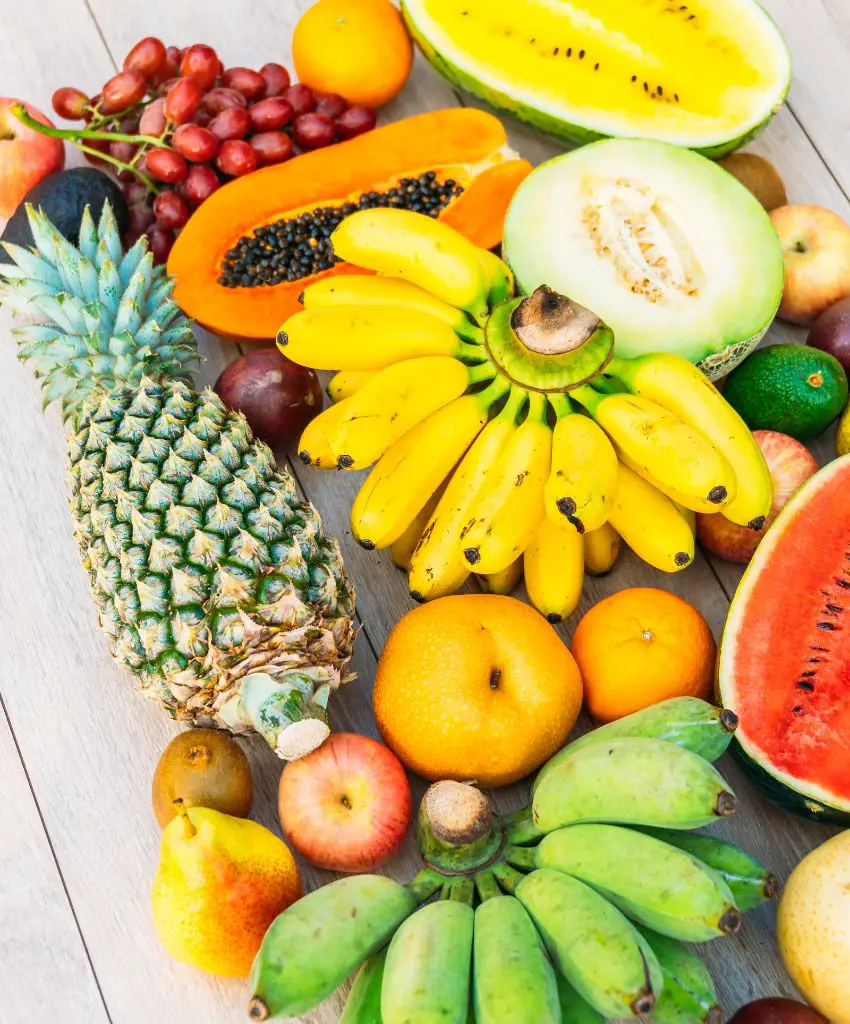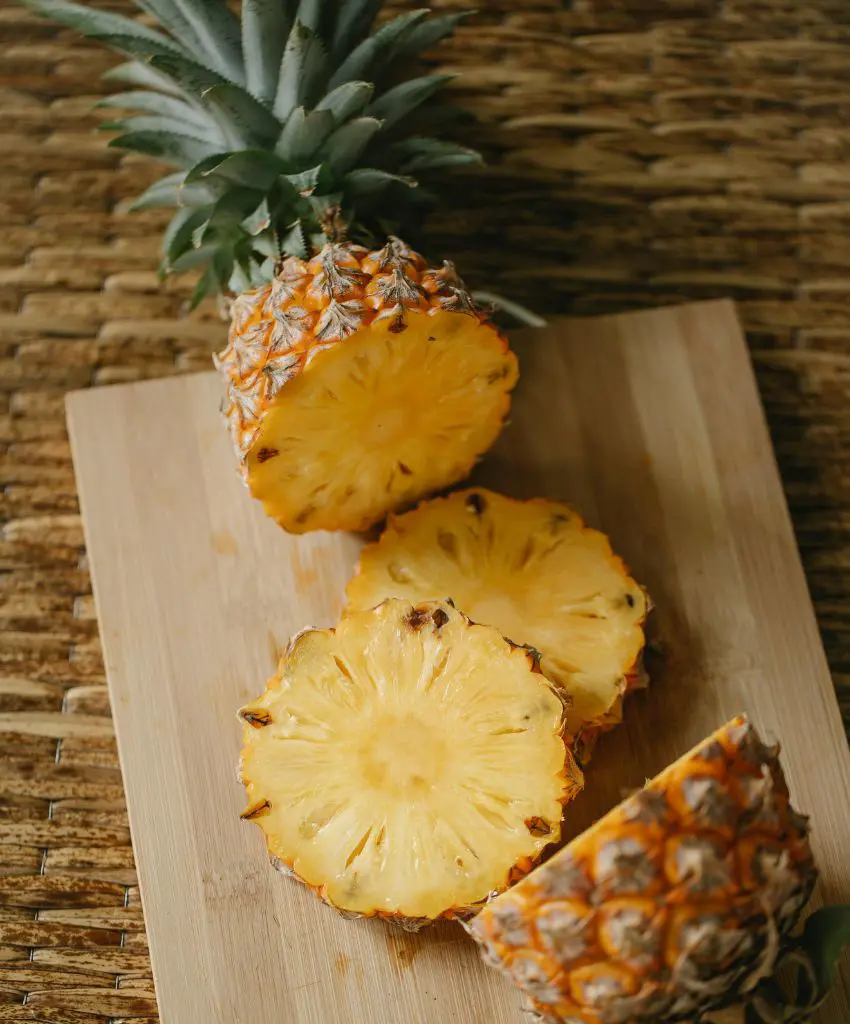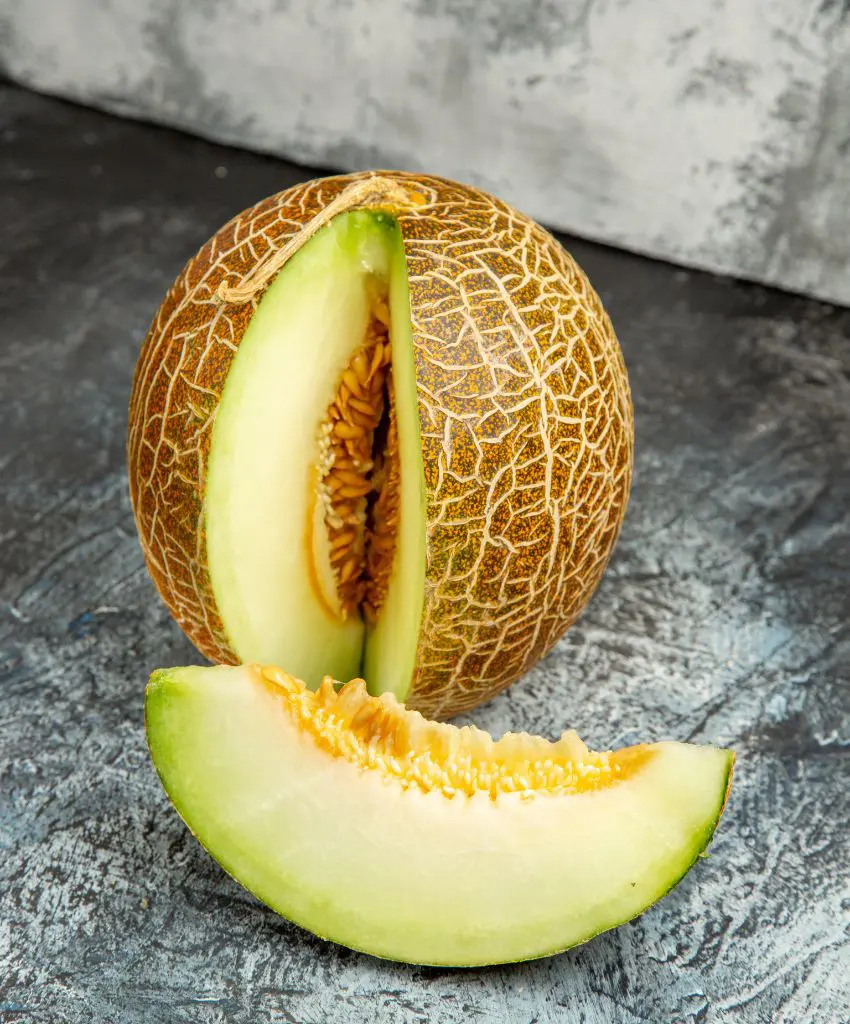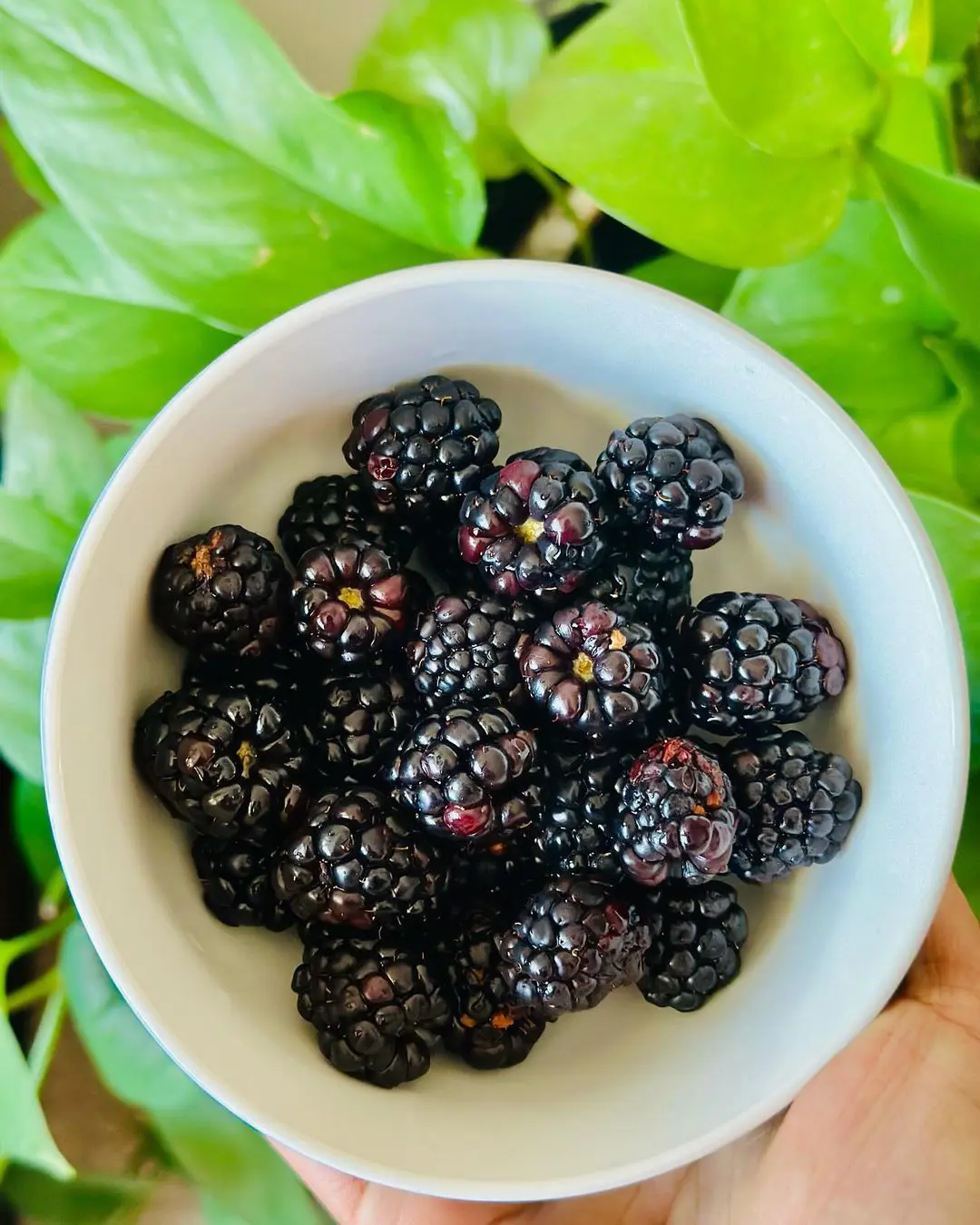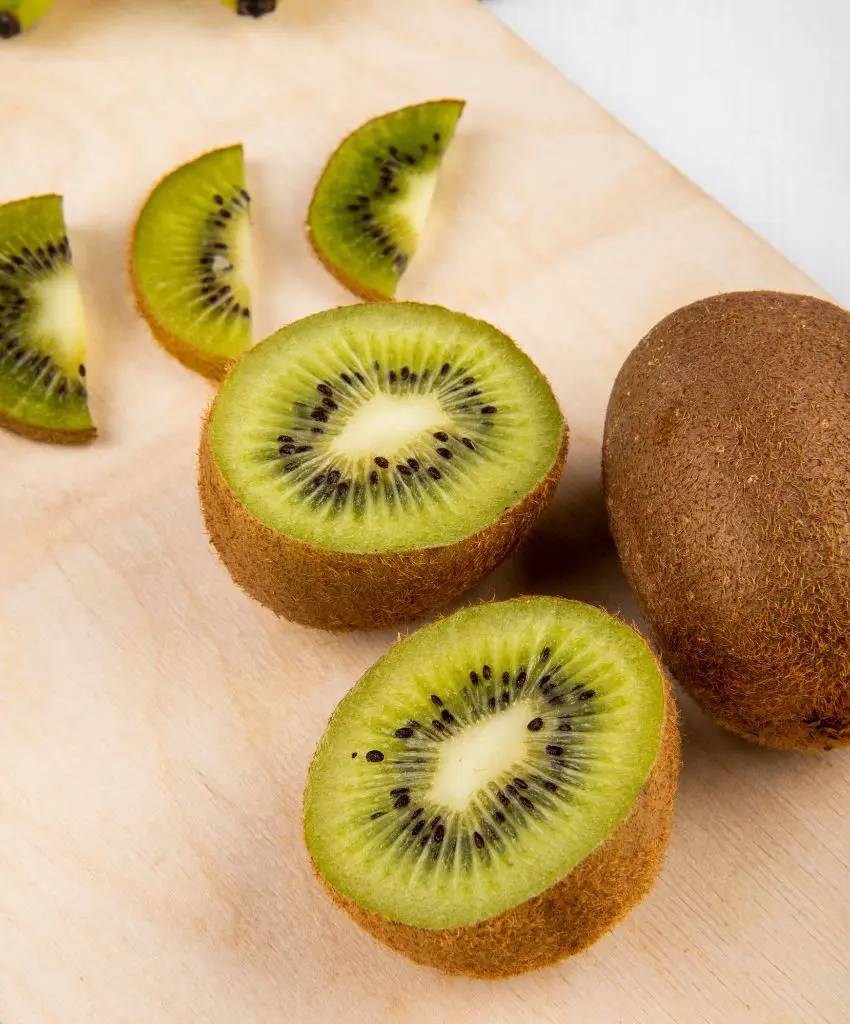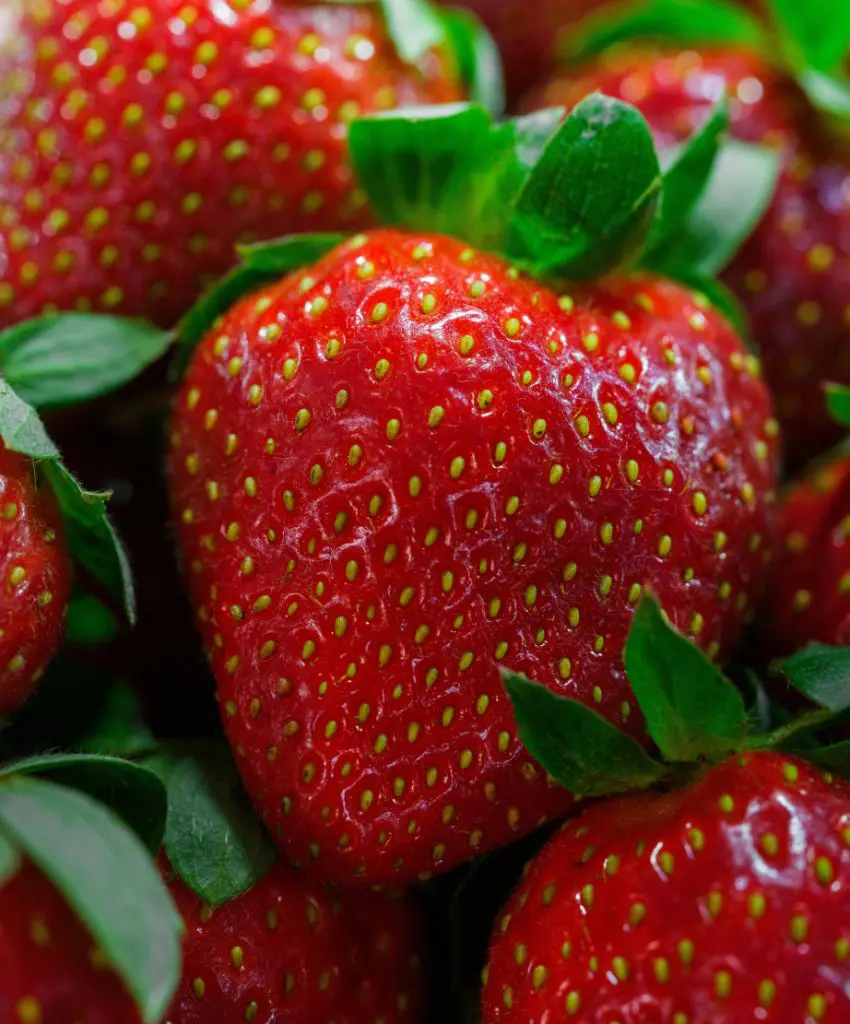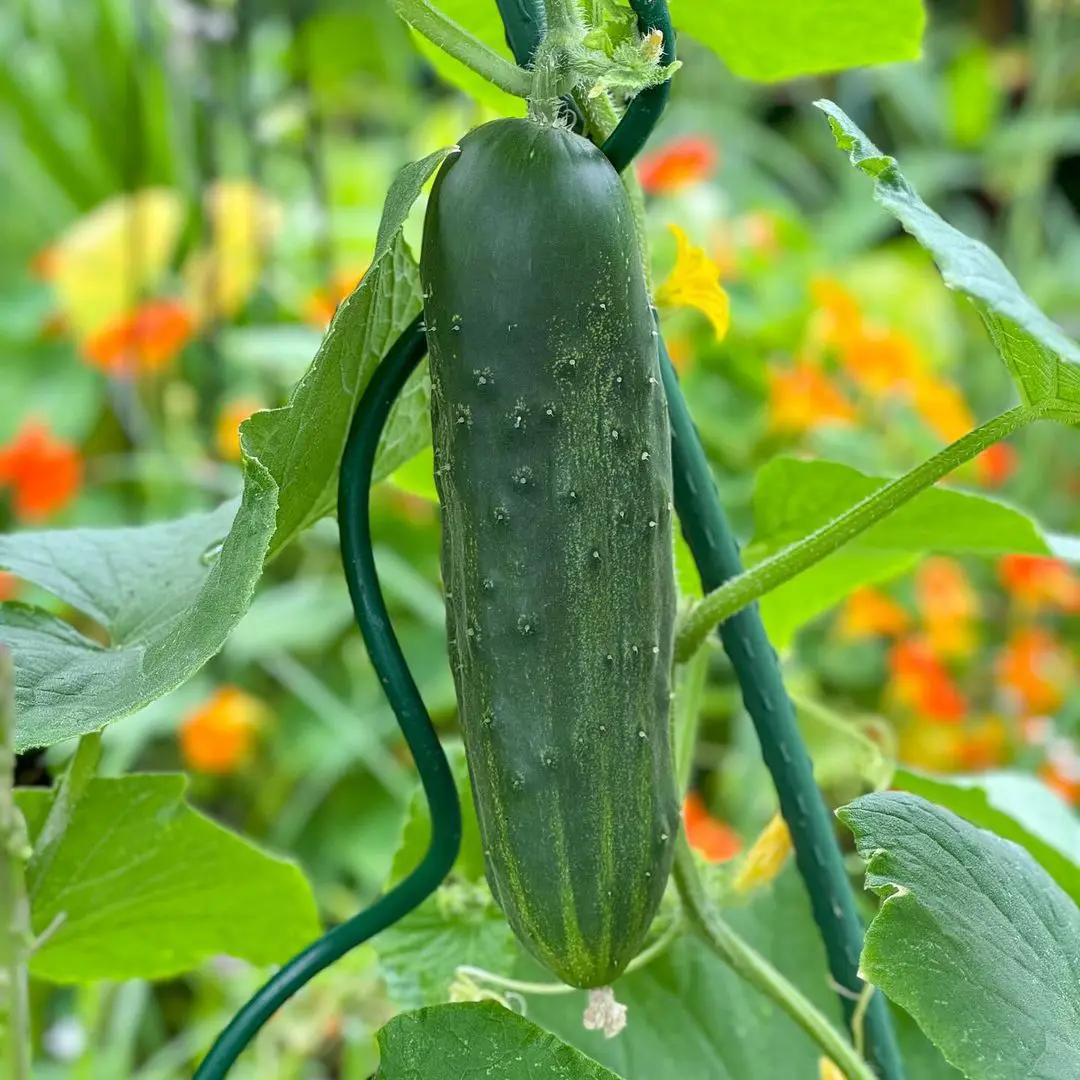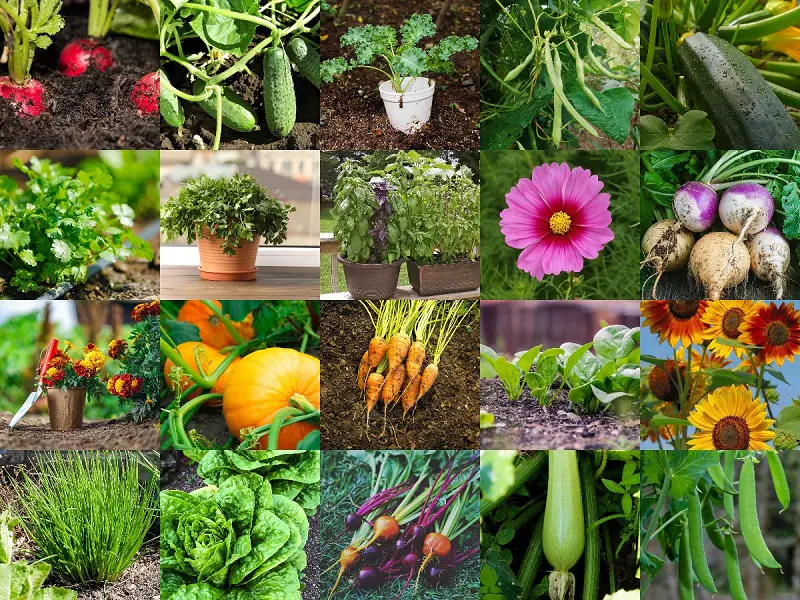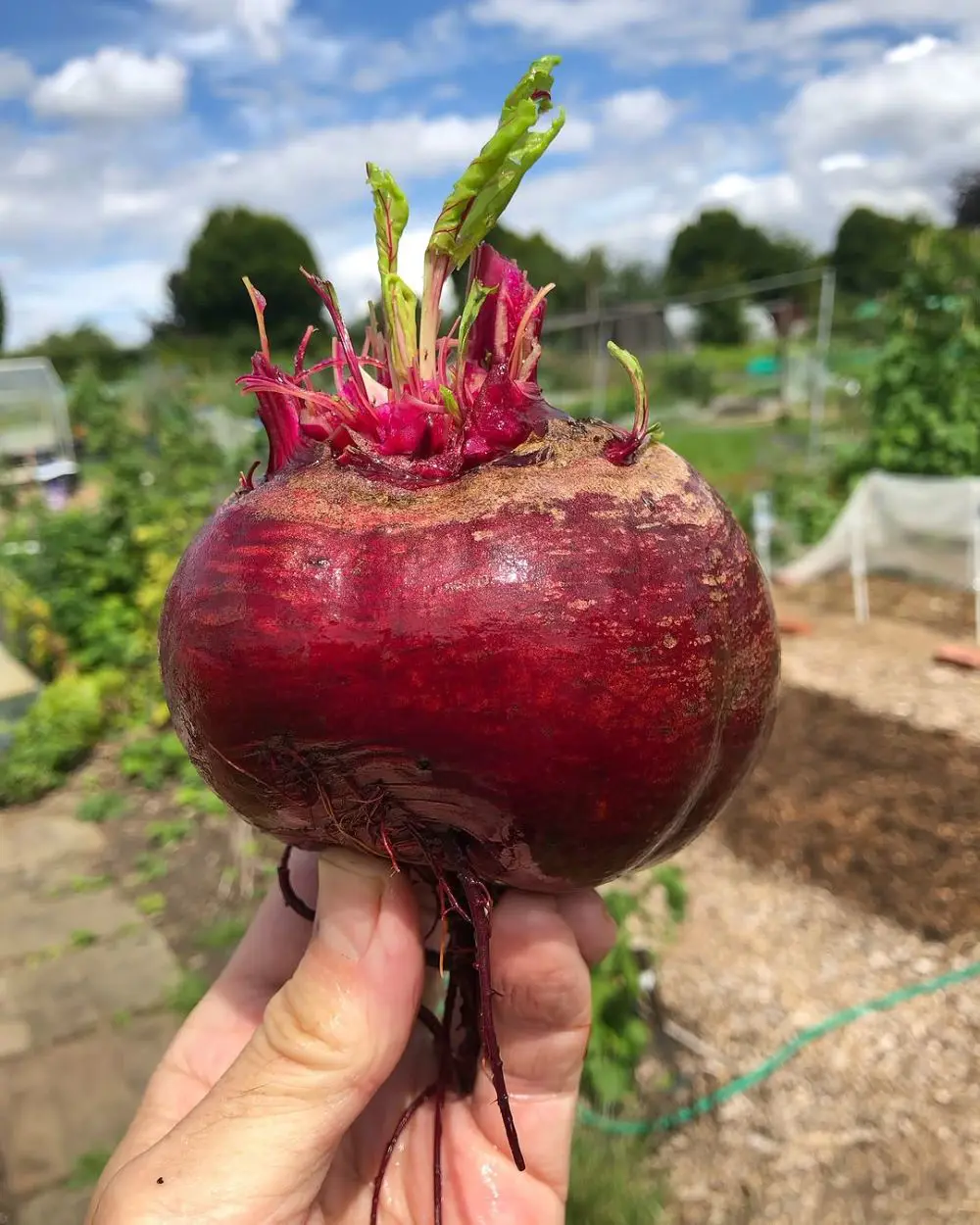1. Apples
Apples are the epitome of summer fruits; they are characterized by their juicy, sharp taste, they require well-drained loamy soils, and optimal growing conditions are at 60-70°F (15-21°C). Best utilized in summer recipes, these nuts add texture and taste to different meals including salads and pies.
Besides being tasty, the nutrient profile of apples includes dietary fiber and antioxidants that help in digestion, improve cardiovascular health, and reduce oxidative stress. Packed with vitamins, they assist in increasing immunity and enhance the body condition, thus being suitable for healthy summer diets.
